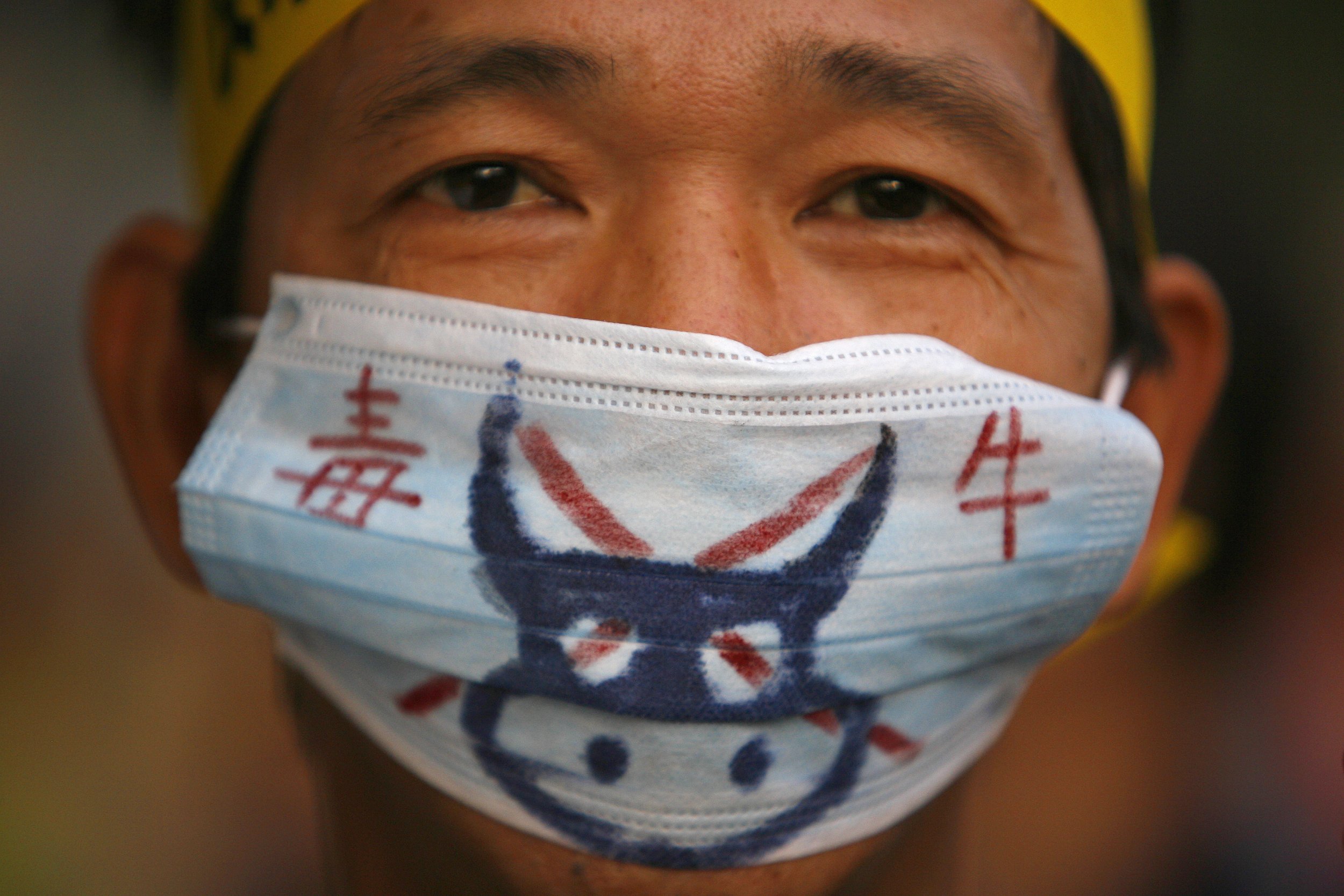
As of the early 20th century, the cannibalistic Fore people of Papua New Guinea still ate the bodies, including the brains, of friends and family members after they'd died. Scientists think that at some point, one of these people died of Creutzfeldt-Jakob disease (CJD), which is basically the human equivalent of mad cow disease.
This led to the development of kuru, an initially mysterious brain-deteriorating disease, which scientists eventually linked to the since-abandoned practice of funerary cannibalism. Kuru and CJD are both caused by prions, small misshapen proteins that proliferate in and damage the brain, leading to impaired movement, dementia and eventual death. This condition isn't contagious—unless you consume the nervous system of somebody who died from it, which the Fore unknowingly did when they ate the brains of their dead brethren.
But it seems to have had one positive effect: Many of the Fore possess a genetic mutation that appears to make them resistant to kuru and CJD. In a study published June 10 in the journal Nature, researcher John Collinge at the University College London and his colleagues bred mice with the gene variant found in the Fore population. These animals were immune not only to kuru but to both types of CJD—the variety that develops spontaneously and the kind you can get from eating a cow that died from mad cow disease.
Not all Fore have this gene variant, but many do. The researchers speculate that if cannibalism hadn't ceased in the late 1950s, the kuru-resistant gene might have spread throughout the entire population, making everyone immune.
"This is a striking example of Darwinian evolution in humans, the epidemic of prion disease selecting a single genetic change that provided complete protection against an invariably fatal dementia," Collinge tells the Australian Broadcasting Corporation.
Collinge and his team are continuing the work to find out how the gene variant protects against prion disease, which could perhaps help them come up with a treatment for the incurable malady. One in 2,000 people in the United Kingdom are thought to be carriers of CJD, although not all of them will come down with symptoms.
Uncommon Knowledge
Newsweek is committed to challenging conventional wisdom and finding connections in the search for common ground.
Newsweek is committed to challenging conventional wisdom and finding connections in the search for common ground.
About the writer
Douglas Main is a journalist who lives in New York City and whose writing has appeared in the New York ... Read more
To read how Newsweek uses AI as a newsroom tool, Click here.








